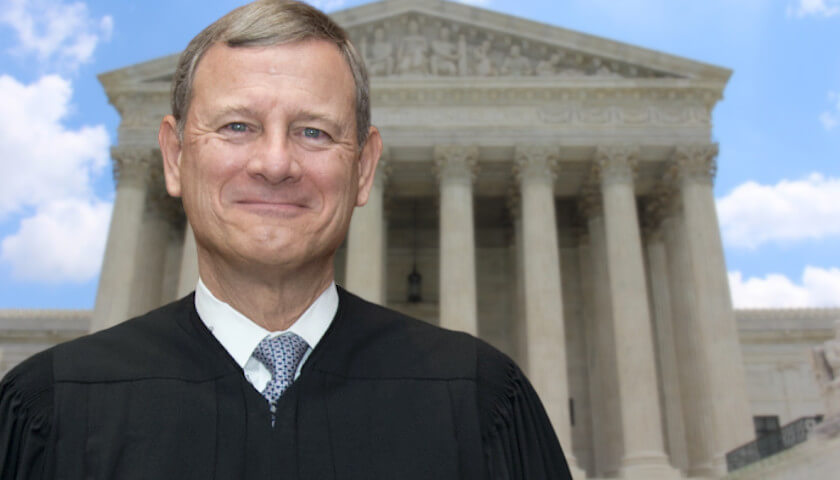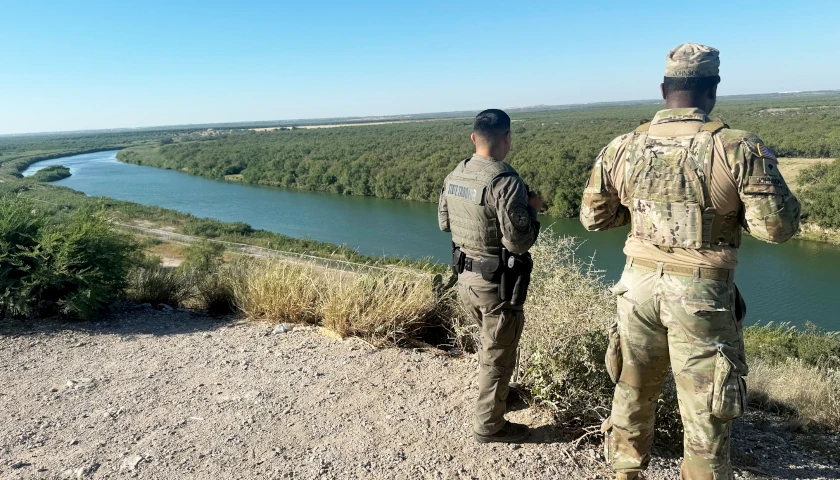Supreme Court watchers have been speculating intensely on how Chief Justice Roberts will vote in the case of June Medical Services v. Russo, which was argued yesterday.
As Bill Mears and Tyler Olson reported for Fox News, the dispute involves a Louisiana law that requires abortion doctors to have admitting privileges at a nearby hospital in case a patient experiences complications during or after a procedure. Those backing the law argue that it regulates abortion providers similarly to how other medical providers are regulated by the state while also ensuring doctors are competent. Opponents say that it is targeted at abortion providers with the goal of shutting them down, citing a recent case out of Texas in which the Supreme Court invalidated a very similar law.
Proponents of the law, including the pro-life Susan B. Anthony List (SBA List) say that Louisiana’s law is tailored to deal with an alleged unique history of safety issues at Louisiana abortion clinics.
“Louisiana’s abortion businesses have a long and well-documented history of serious health and safety violations that have systematically placed women and girls at risk, and the state has an obligation to regulate these businesses just as they regulate all other ambulatory surgical centers,” SBA List President of Government Affairs Marilyn Musgrave said in a statement reported by Mears and Olson. “It is disingenuous for anyone to claim they care about women and yet actively work to lower the bar on women’s health and safety.”
Yet, that is exactly what the Far-Left Democrats on the Supreme Court did.
Our friends at NewsMax report a federal judge found that just one of Louisiana’s three abortion clinics would remain open if the law is allowed to take effect. The federal appeals court in New Orleans, though, upheld the law, setting up the Supreme Court case.
Justice Elena Kagan, reflecting the view of her liberal colleagues, noted that a clinic in Shreveport reported transferring just four patients to a hospital out of roughly 70,000 it has treated over 23 years. “I don’t know a medical procedure where it’s lower than that,” Kagan said.
Justice Samuel Alito said the clinic had once had its license suspended, in 2010.
Reuters reported that Roberts, a conservative who is considered the court’s ideological center, asked questions that seemed to focus on whether he felt bound by the court’s 2016 ruling when it struck down similar restrictions in Texas.
Roberts cast the deciding vote when the justices last year in a 5-4 vote blocked Louisiana’s law from taking effect while the litigation over its legality continued.
That vote brings him into conflict with his position in the Texas case, when Roberts was among the three dissenting justices who concluded that an admitting privileges requirement did not represent an undue burden.
During Wednesday’s arguments, his questions indicated that the chief justice may feel that he is bound by the 2016 court’s finding that admitting privileges laws provide no health benefit.
Perhaps the biggest question is whether the court will overrule a 2016 decision in which it struck down a similar law in Texas. Since then, Donald Trump was elected president and he appointed two justices, Neil Gorsuch and Brett Kavanaugh, who have shifted the court to the right. Even with those two additions to the court, Roberts almost certainly holds the deciding vote reported NewsMax.
Chief Justice John Roberts and Justice Brett Kavanaugh wondered whether the state law would be an “undue burden” to a woman’s right, if few or any doctors would have problems getting admitting privileges.
“Assume all the doctors who currently perform abortions can obtain admitting privileges, could you say that the law still imposes an undue burden, even if there were no effect?” asked Kavanaugh.
Roberts suggested other states may have different standards that might be constitutional.
Justice Neil Gorsuch did not speak during the oral arguments and neither did Justice Clarence Thomas — as is typical for him.





